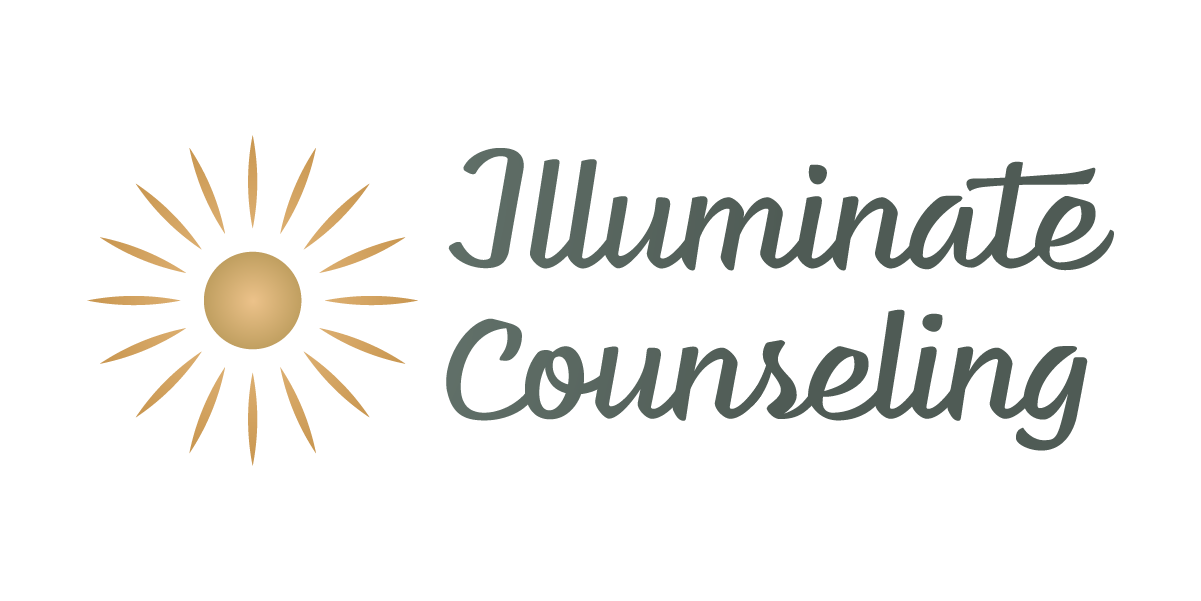Taking the First Step
Reaching out to begin therapy can be terrifying.
Many clients get stuck on the contact page of a therapist’s website, with a drafted email, or with a phone number that just needs to be pushed through to start the call. But why is this?
A lot of the intimidation and fear come from unknowns. Below I have listed several unknowns that commonly intimidate people when they want to begin therapy and process through how those unknowns play out.
What if I do not know where to begin when we meet to talk?
Mental illness is consuming. When trying to identify the specifics of “what do you want help with?” numerous different things may flood your mind. To help ground us in our work together, I send an intake packet through secure email. You will fill this out prior to our first session and that will be a base for us to begin our first session. If you come in not knowing where to start, I will have looked through your intake paperwork and will likely have places that I want to check in on to ensure I have an understanding of what you are going through.
What if you judge me for what I come to talk about?
Therapy is a safe space. While I may challenge and push you to healthier behavioral, emotional, and thought patterns I hope that you never feel judged by our work together. At the beginning of our work together we will discuss your goals for therapy and those will be the areas that I focus on with you.
What if I am not good at therapy?
There is no set way to be “good” at therapy. The main thing that contributes to effectiveness is consistently showing up. If you show up weekly for your sessions then together we can make progress towards your goals.
Will I be in therapy forever?
You will get the ultimate say on when you want to be done with therapy. Some people feel they have met their goals within a few months while others may take shorter or longer.
Is therapy really that helpful?
I wholeheartedly believe therapy is helpful. A therapist is trained to listen to you on a deeper level than your friends or family listen to you. A therapist brings a level of conceptualization and recognition of patterns in your behaviors, emotions, and thoughts that are likely to go unnoticed on your own. And, unlike when meeting with friends or family, the sole purpose of our time together is to help you work towards your mental and emotional goals.
What if I do not feel your therapy is helpful?
This is a vulnerable aspect of therapy. You will end up having to open up about some things you are going through, you will get to experience how I interact with your experiences, and you may decide that my style is not the best fit for you. First off, I am never offended if you state my help is not what you are looking for. I ultimately do want you to get the help you are searching for and I do not want you to continue meeting with me if my style is not effective. With that being said, I do hope you do not give up on therapy as a whole. I practice from a psychodynamic perspective, but there are other styles of therapy out there such as cognitive-behavioral and emotions focused. I would be happy to process with you what you did not find effective in my therapy, and I can help provide you with referrals who will best meet your needs.


